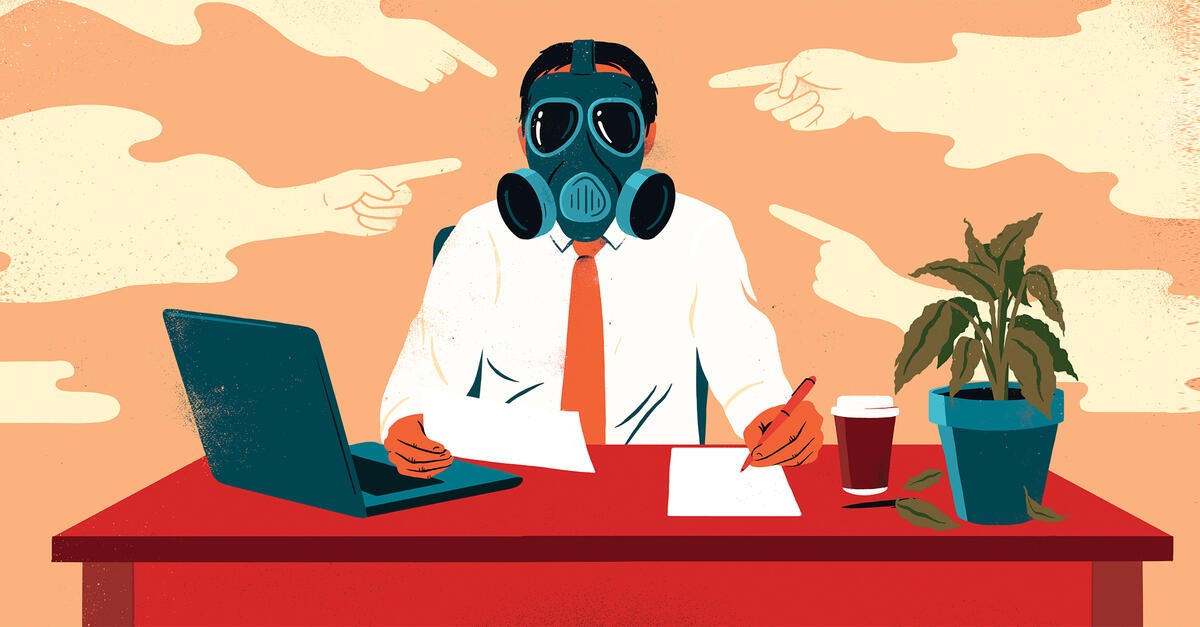
Introduction: Entering the field of law in India is often seen as a prestigious endeavor, with the Common Law Admission Test (CLAT) serving as the gateway to renowned institutions like National Law Universities (NLU’s). However, despite the allure of these institutions, aspiring lawyers face numerous challenges in securing employment and establishing successful careers.
-
Increasing Competition, Decreasing Opportunities: With a growing number of law graduates each year, competition for jobs has intensified. Despite the rise in CLAT applications, job scarcity remains a pressing issue. Layoffs outnumber recruitment in law firms, and even coveted positions in corporates as in-house counsel are limited.
-
Toxic Work Environments: Many law firms are notorious for their toxic work cultures characterized by long hours, low salaries, and high stress levels. This has led to a trend of early departures, as law graduates seek better work-life balance and career prospects elsewhere, including pursuing MBAs. A recent study conducted by Vahura, a legal search and consulting firm, shed light on the concerning issue of toxic work culture prevailing in many law firms across India. The study uncovered various issues plaguing tier-1 and tier-2 law firms, including excessively long working hours, inadequate salaries and benefits, and a lack of alignment with the firm’s long-term goals.
An employee from one of India’s top law firms shared her experience, highlighting the pervasive negativity within the organization. She described an environment where people were constantly yelling or screaming, and even minor mistakes were met with personal attacks instead of constructive criticism. This toxic atmosphere took a toll on her mental health, leading to severe anxiety. Eventually, she made the difficult decision to resign, despite not having another job lined up. She revealed that bullying from high-performing seniors was commonplace, with no intervention from management.
Another individual, speaking on the “Legally Indian” platform, revealed that partners of law firms often set unrealistic deadlines to appease clients, disregarding the detrimental impact on employees’ well-being. This pressure-cooker environment contributes to high levels of stress and burnout among staff.
The study warns that if law firms fail to address these issues promptly and create a fair workplace, they risk losing talented employees to attrition. It emphasizes the importance of prioritizing the well-being of employees and fostering a supportive work environment to ensure long-term success and sustainability.
-
Financial Struggles and High Costs: Pursuing a legal education is a costly investment, with tuition fees at NLUs reaching exorbitant levels (Many NLUS’s charge around 3-4 lakh per year) However, the returns on this investment often fall short, as junior advocates struggle with low pay and minimal financial stability. Additionally, the expenses associated with bar exams and enrollment further burden aspiring lawyers.
-
Limited Government Job Opportunities: For those considering a government job as an alternative to the challenges of the legal profession, it’s essential to understand the stark reality of job opportunities in government departments. The truth is, there are very few vacancies available, making it difficult for aspirants to secure these coveted positions.
Government bodies like SEBI (Securities and Exchange Board of India) and CBI (Central Bureau of Investigation) offer only a handful of vacancies, typically around 10 to 12 seats, over a span of 2 to 3 years. Similarly, for aspiring judges, the situation is equally challenging. Judiciary exams attract a large number of aspirants, with around 50,000 candidates competing for just 50 to 60 seats in a state.
Even after investing considerable time and effort in preparation, many aspirants find themselves waiting for years without any guarantee of success. The average time between vacancies for state judiciary positions is around 2 to 3 years, further prolonging the uncertainty for candidates.
Sadly, this harsh reality leads to disillusionment for many aspirants who invest years of their lives preparing for these exams, only to find themselves unable to secure a government job in the legal field. As a result, some individuals ultimately decide to pursue alternative career paths, abandoning their aspirations of a government job in law.
-
Shift towards Alternative Career Paths: Faced with the challenges of the legal profession, many law graduates are exploring alternative career paths. The allure of stable employment, better pay, and improved work-life balance has prompted some to transition to fields like management by pursuing MBA degrees.
-
In the legal profession, particularly in courts, a small group of advocates holds significant control, forming what can be described as an oligopoly. This means that only a few advocates dominate the field, making it exceedingly difficult for others to establish successful practices. This situation creates a highly competitive environment where aspiring lawyers struggle to gain a foothold.
To become a practicing advocate, law graduates must first enroll in the bar examination, a process that incurs substantial costs. Alongside the hefty fees for legal education, which can amount to around 10 lakh Rs, aspiring advocates must allocate an additional 20,000 Rs for the bar examination enrollment. Following this, they must also pass the All India Bar Examination (AIBE), which requires a fee of Rs 3500. These financial burdens add up, placing considerable strain on budding lawyers.
Moreover, the financial challenges extend beyond the initial investments. Junior advocates, especially in tier 2 cities, receive meager salaries ranging from 5,000 to 10,000 Rs per month. In tier 1 cities, the pay slightly increases to 15,000 to 20,000 Rs monthly. However, these salaries barely cover the minimum expenses, leaving little room for financial stability or growth. Consequently, many advocates find themselves working long hours, often up to 14 to 15 hours a day, including weekends, to make ends meet.


